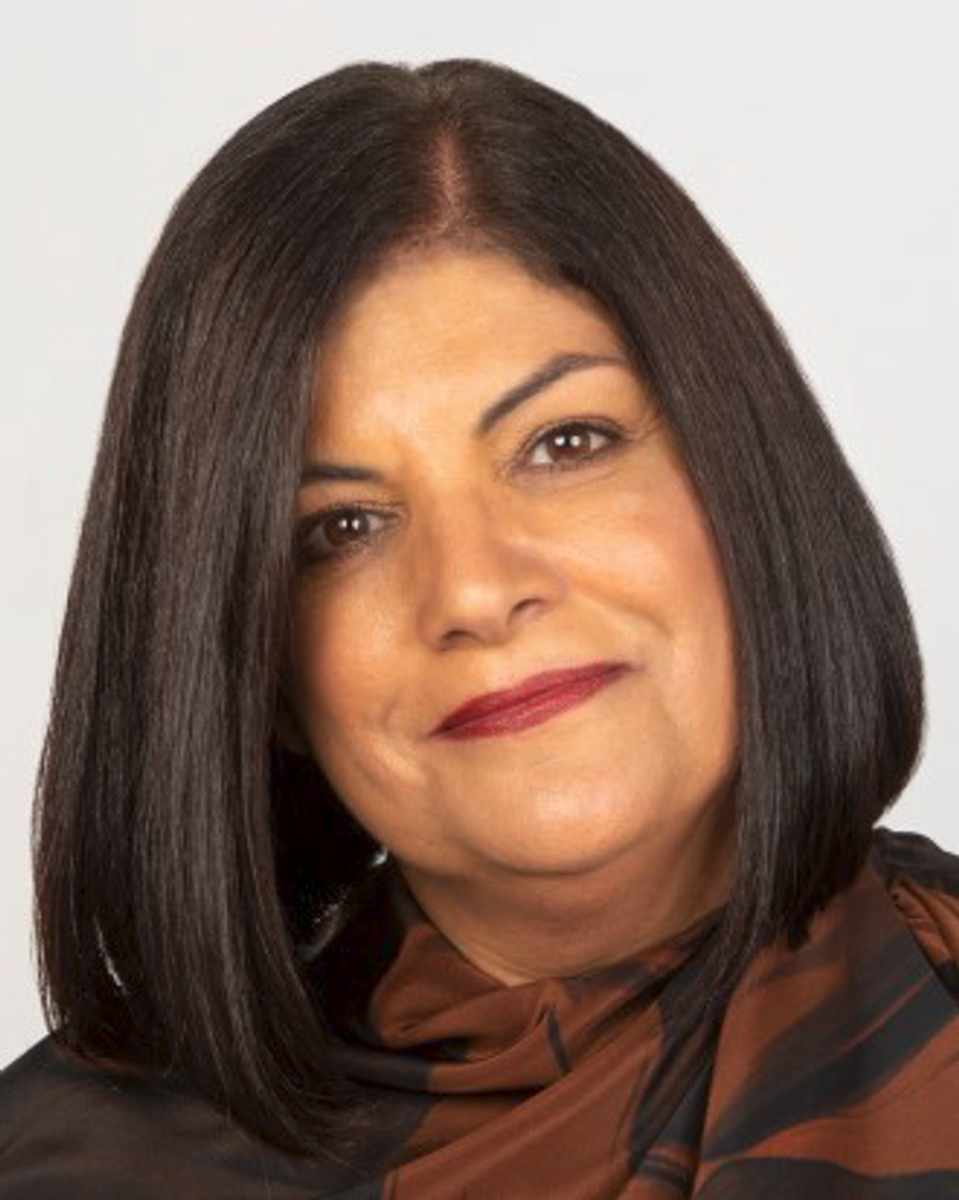Victorian President's Report
Tina King- APF Victorian President

Victorian President's Report
Tina King- APF Victorian President


The reading wars are back in the spotlight following the recent release of The Grattan Institute's report into Australia’s reading problem. Often characterised by polarised views and heated debates, proponents of each approach staunchly defend their position. Research consistently supports the effectiveness of systematic and explicit phonics instruction (particularly for young or struggling readers) whilst on the other hand, whole language instruction emphasises the importance of meaning. The Grattan report titled The Reading Guarantee states that schools should abandon the whole-language approach and instead adopt the use of the structured literacy approach which has a focus on phonics in the early years.
Irrespective of approach (and it is my belief as an educator for over 35 years that a combined approach is best, based on individual student needs), high investment must be made at a whole system level to support teachers to develop and refine their skill sets and expertise. In Victoria and certainly pre-covid, there was great focus on defining what good practice looked like, whether it was for teaching reading or other subject areas. The school narrative was explicit and definitive with Literate, Numerate and Curious clearly identified in many Strategic Plans. It was an impressive and effective reform agenda and principals and teachers were driven by moral purpose to undertake the work within their school, across networks and the system by and large. Understandably, due to the challenges that have presented over the last few years, momentum and focus has shifted and one might argue been lost.
Recent reform agendas are expecting much of schools and in particular school leaders who are already stretched and struggling with competing demands. These are system problems, and it is not enough to leave it solely for principals to fix. Interested in member’s thoughts and perspectives on these topical items of conversation and debate. I invite you to email your views as your lived experiences and continued work as educators and leaders best places you to present informed contributions.

